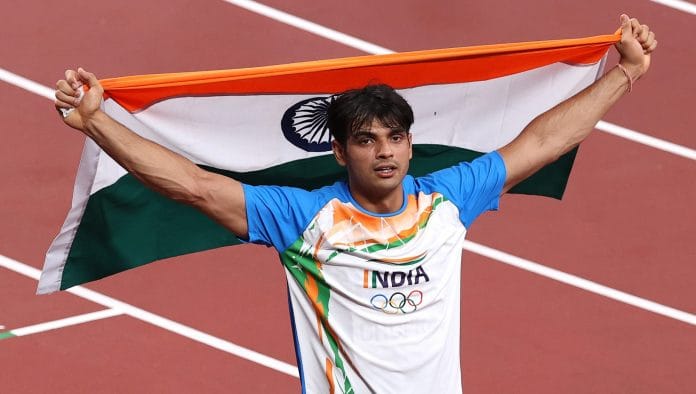In the sports arena, it is the winner who matters. The ‘Also rans’ do get recognition, for a short while, but don’t figure in the record books. The ranking in the Olympics depends solely on the gold medals won. The silver and bronze medals only figure in the tally if there is a tie in the ‘golds’.
The Indian Army realised this about two decades ago with its ‘Boys Sport Companies/ Batteries’ producing the most spirited soldiers and also the best sportspersons. These training establishments recruited sturdy youngsters and provided them with education, nutritious meals and facilities to hone their soldiering and sporting skills. The legendary Milkha Singh sharpened his running skills in the Army and should have been rewarded with a commission just like Major Dhyan Chand, who was a Non-Commissioned Officer when he attained glory and Hitler’s attention, in the Berlin Olympics of 1936. These sportspersons, who win honours for India, need to be retained to nurture fresh talent and not be tempted to drift away to other pastures.
The ‘Army Sports Institute’ in Pune was established on 1 July 2001 by General S. Padmanabhan, former Chief of Army Staff, to tap into the vast talent pool of sportspersons serving in the Army and young talented boys of Boys Sports Company/Battery scheme under the ‘Mission Olympics Programme’. The gestation period takes time and the scheme has finally paid off with the javelin gold medal won by 23-year-old Subedar Neeraj Chopra at the Tokyo Olympics.
Also read: ‘Feels unbelievable, didn’t know it would be gold’ — Neeraj Chopra says after Olympic win
Expand the scope
The Army Sports Institute is multi-disciplinary and imparts training to physically fit boys aged 11-15 in seven sports: archery, athletics, boxing, diving, wrestling, fencing and weightlifting. Training is given by internationally renowned foreign and Indian coaches and qualified physical trainers, supported by specialists in sports medicine, physiology, psychology, bio-mechanics and nutrition. The state-of-the-art training infrastructure, equipment, accommodation, and a conducive environment is provided. Considering the stellar performance of Indian women at the Tokyo Olympics, there is a need to expand the scope to admit them too.
The Army is the only professional group that pays its personnel to play. Games encourage physical fitness and foster camaraderie amongst all ranks. There is no shortage of facilities but in recent times, the demands of the profession and the pull of the internet has reduced the number of sports ‘fanatics’. The only dark cloud, overpowering the silver lining, is that all the media attention and money is showered on cricket. Hockey, our national game, needs to be restored to its rightful place on the pedestal. We also need to concentrate on sports like soccer, which do not require costly equipment and are played worldwide. Of course, athletics requires nothing more than a pair of running shoes. The athletics jinx has been broken and many more medals are on the horizon, in future Olympics events.
Lt Gen Zameer Uddin Shah PVSM, SM, VSM (retired) is a former Deputy Chief of Army Staff and the former Vice-Chancellor of Aligarh Muslim University. He tweets @zoomshah. Views are personal.
(Edited by Prashant Dixit)






